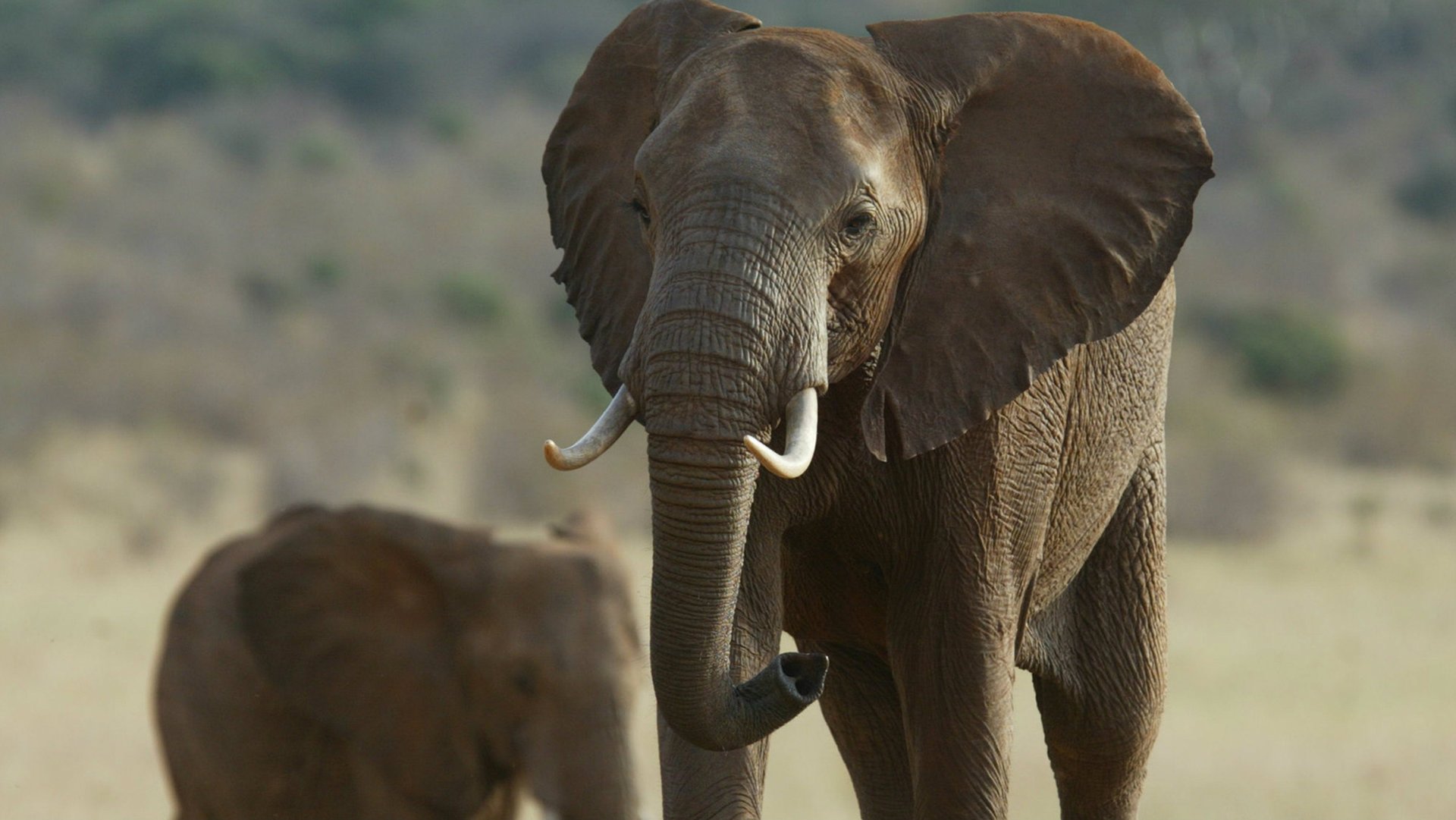2016 is ending on a great note for many of Africa’s endangered animals
In a landmark move, China has announced that it will enforce a total ban on domestic ivory trade within a year. Shops must hand over their licenses to trade ivory by March 2017 and China’s State Council says a complete ban will be in place by the end of the year. Under China’s new terms, auctions of previously legally obtained ivory, likely imported in the 1970s, will be permitted only with authorization and under strict supervision. Holders of legally obtained ivory will also need authorization to continue to display it in museums and at exhibitions.


In a landmark move, China has announced that it will enforce a total ban on domestic ivory trade within a year. Shops must hand over their licenses to trade ivory by March 2017 and China’s State Council says a complete ban will be in place by the end of the year. Under China’s new terms, auctions of previously legally obtained ivory, likely imported in the 1970s, will be permitted only with authorization and under strict supervision. Holders of legally obtained ivory will also need authorization to continue to display it in museums and at exhibitions.
The move is considered a major milestone by conservationists who argue that China’s domestic ivory trade is the desirable end-market for poached ivory, mainly from Africa. Without China’s market, poachers will find it tougher to cash in on illegal ivory. Describing it as a “game changer for African elephants,” Aili Kang, executive director of the Wildlife Conservation Society in Asia, says China’s ivory trade ban “will help ensure that elephants have a fighting chance to beat extinction.”
The illegal ivory trade, largely driven by high demand from Asia, has become a major problem for African wildlife. Rhino and elephant populations in Africa have been decimated. Across the continent, the proportion of illegally killed elephants still outpaces population growth. In South Africa, at least 1,000 rhinos have been illegally killed every year since 2013.
To cope with the rapidly falling rhino populations, wildlife conservationist groups have set up plans to relocate 80 African rhinos to Australia to establish an “insurance population.” But some countries have employed more drastic anti-poaching measures: Kenya has turned to snipers to protect its rhinos from poachers.
China’s ivory trade ban announcement follows closely on the heels of a similar move by Hong Kong. Last week, the city’s Executive Council approved a three-step plan to end local ivory trade by 2022. The final step in the plan will see Hong Kong ban all possession of ivory for commercial purposes by Dec. 21 2021. By banning ivory trade, Hong Kong and China could cause a surge in black market ivory trade, which is already a $10 billion annual business (pdf). But the bans will also ensure that, for poachers, the world is now a place where it’s more difficult to do business.